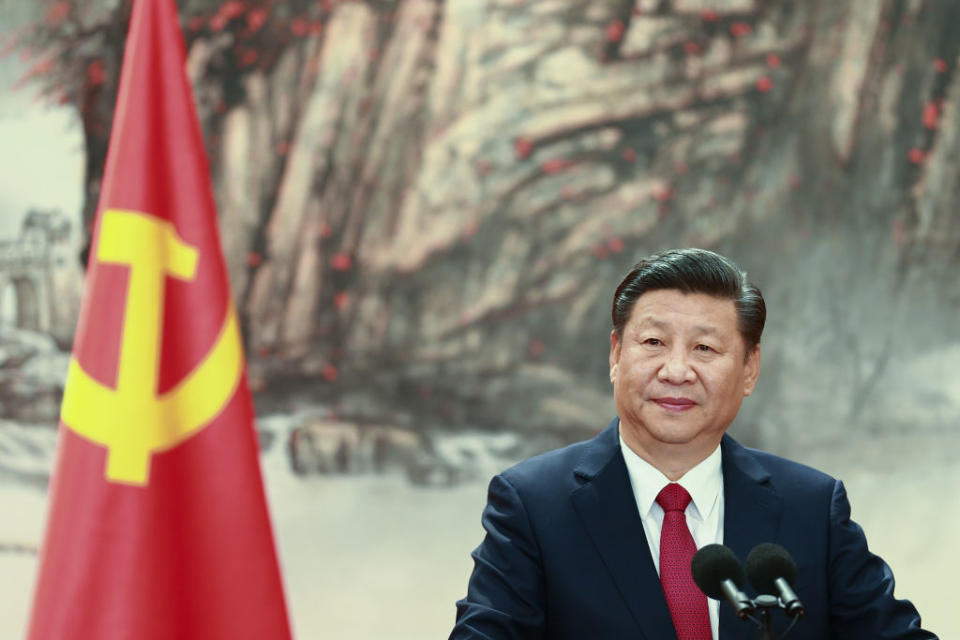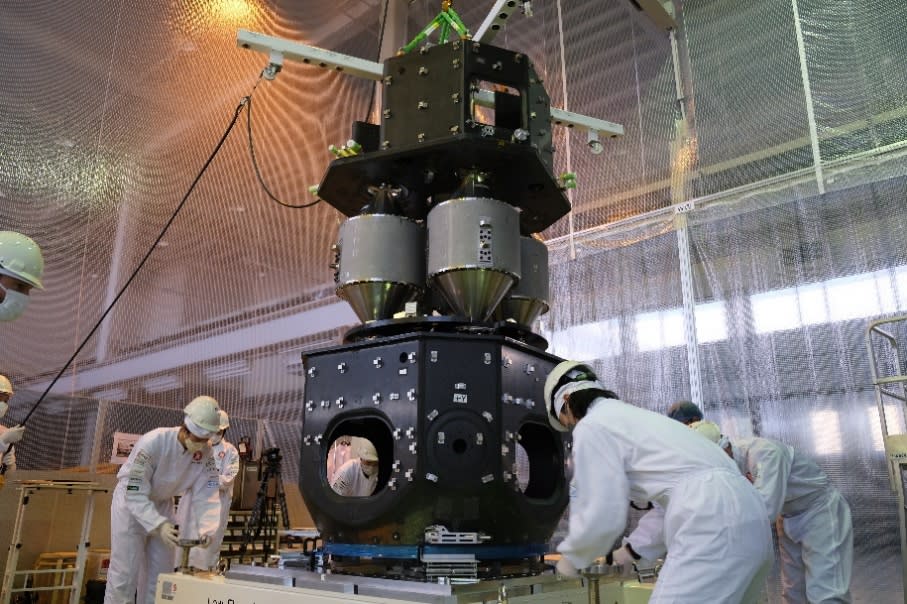Max Q: About that 'for sale' sign on a ULA Atlas V
Hello and welcome back to Max Q!
In this issue:
The Chinese subsidiaries of U.S. VC firms investing in space tech
ispace eyes April lunar landing
News from Rocket Lab, United Launch Alliance and more
As tensions build, Silicon Valley's Chinese affiliates invest in sensitive space tech
Over at TC+, I have a new story about some outbound U.S. space investing. According to data reviewed by TechCrunch, Chinese subsidiaries of American venture capital firms are investing money from U.S.-based funds into Chinese space startups, even as the Pentagon warns of Beijing’s growing activity in the space arena.
The data, collected by PitchBook, includes information on past limited partners and investments of the Chinese units of Sequoia Capital, Matrix Partners and Lightspeed Venture Partners. Space industry investments represent a very small but notable portion of these firms’ portfolios, with Sequoia Capital China and Lightspeed China investing in two companies each and Matrix China investing in eight. Startups that have landed funding include companies working on launch, satellite manufacturing and Earth observation.
This is particularly interesting given that the White House is mulling a new order that would require firms to increase transparency and reporting around outbound investment in sensitive technologies, like semiconductors, to countries like China. One investor, who asked to remain anonymous, citing co-investments with Sequoia Capital, told TechCrunch that the stakes are high.
“The dividing line between what is an aerospace technology and what is a defense technology is even more blurry than in the case of semiconductors, which we need to drive our cars and use our phones,” the investor said.

BEIJING, CHINA - OCTOBER 25: Chinese President Xi Jinping speaks at the podium during the unveiling of the Communist Party's new Politburo Standing Committee at the Great Hall of the People on October 25, 2017 in Beijing, China. China's ruling Communist Party today revealed the new Politburo Standing Committee after its 19th congress. (Photo by Lintao Zhang/Getty Images)
Eyeing a new lunar economy, ispace plans to land on the moon at the end of April
Tokyo-based ispace said its Hakuto-R lunar lander is on track to reach the moon at the end of April.
Ispace launched the lander on board a Falcon 9 in December; since then, the spacecraft has traveled around 1,376 million kilometers, the farthest a privately funded, commercial operating spacecraft has ever journeyed into deep space. The company anticipates completing all deep space orbital maneuvers by mid-March, followed by insertion into lunar orbit in late-March.
The company is racing to be the first fully private entity to land on the moon. Ispace is betting big that resource extraction and payload delivery will be major revenue-drivers as access to the moon becomes further unlocked through programs like NASA's Artemis initiative.

Image Credits: ispace (opens in a new window)
More news from TC and beyond
Astra and the U.S. Federal Aviation Administration concluded their investigation into the TROPICS 1 launch mishap, saying that it was caused by a thermal runaway event in the upper-stage engine. Astra said its next-gen Rocket 4 incorporates lessons learned from the mission. (Astra)
China unveiled the lunar lander it wants to use to put taikonauts on the moon around 2030. (SpaceNews)
NASA named Nicola Fox as its new associate administrator of the Science Mission Directorate. She succeeds Thomas Zurbuchen. (NASA)
Rocket Lab doubled its backlog to $503.6 million by the end of 2022 and unveiled a new, four-launch deal with synthetic aperture radar imagery provider Capella Space. Company CFO Adam Spice also said they were still on track to launch Neutron for the first time at the end of 2024. Interestingly, they're also rethinking the helicopter catch method for reusing rocket boosters. (Rocket Lab/SpaceNews)
SpaceX launched the first batch of next-gen Starlink satellites, a smaller version of the ones that will eventually fly on Starship. I connect the dots between the new argon Hall thrusters on the satellites and SpaceX's acquisition of Swarm Technologies back in 2021. (TechCrunch)
United Launch Alliance is up for sale, and a deal could close before the end of this year, Ars' Eric Berger reports. (Ars Technica)
Virgin Galactic aims to resume spaceflights in the second quarter of this year, though it still has some tests to conduct on its spacecraft and aircraft first. (CNBC)
Max Q is brought to you by me, Aria Alamalhodaei. If you enjoy reading Max Q, consider forwarding it to a friend.

 Yahoo Autos
Yahoo Autos 